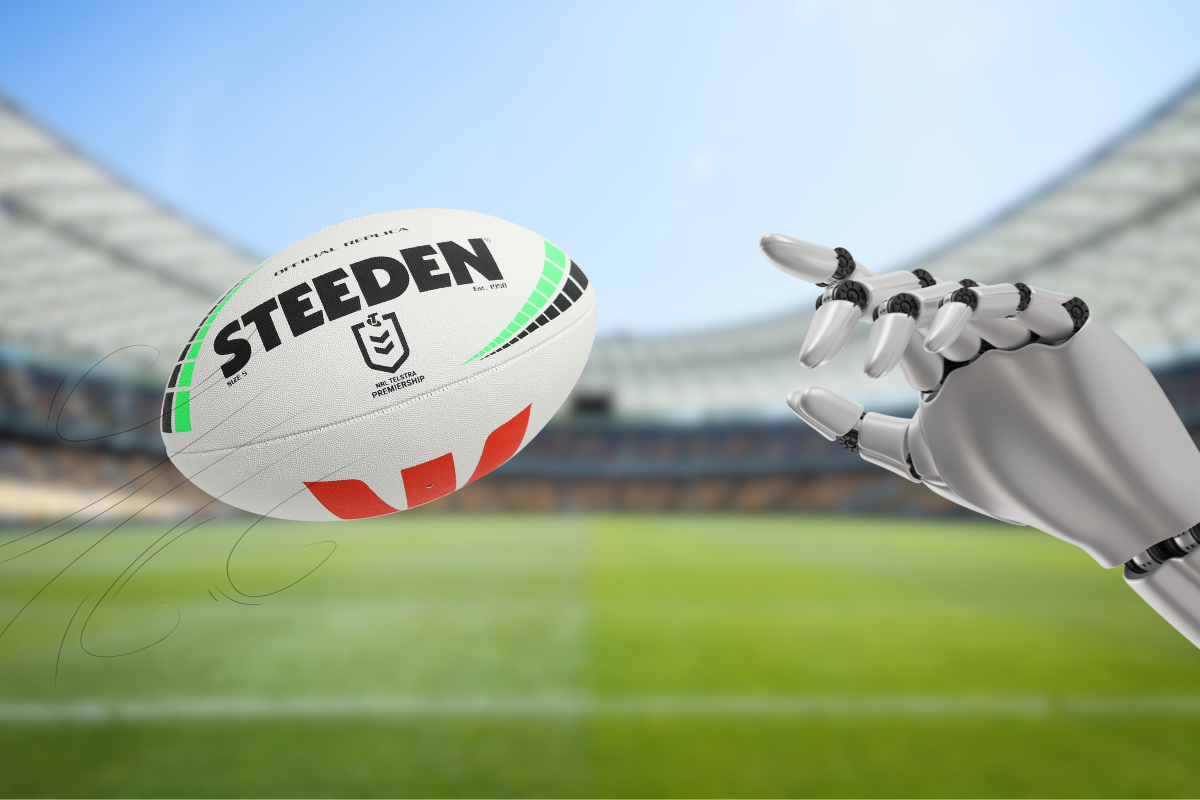As I called out a little while ago,
the NRL has turned to artificial intelligence for the first time to craft its 2026 season draw, promising a fairer and more balanced competition. Here’s how it did.
The league has partnered with Fastbreak AI to deliver a fixture list that cuts down on the scheduling headaches that have plagued clubs and fans in the past.
The 2026 schedule will see a sharp drop in the number of dreaded five-day turnarounds, with the total falling from 21 in 2025 to just 12 next year. No team will face more than one five-day turnaround, a significant shift aimed at protecting player welfare and giving teams a fairer shot each week.
Repeat match-ups, often a sore point for coaches and fans, have also been spaced out. In 2026, there will be no return matches within four weeks (down from seven last season) and none within five weeks (down from eight). The aim: to keep the competition fresh and avoid the repetition that can sap interest and create lopsided contests.
All clubs will have at least one bye either during a stand-down period (such as before State of Origin) or a reduced round (after Origin), levelling the playing field and reducing the impact on player availability. And to help clubs off the field, no team will be handed three home games during stand-down rounds, a move designed to soften the commercial blow that comes with weakened squads.
NRL CEO Andrew Abdo says the use of Fastbreak AI’s scheduling platform has allowed the league to juggle a record number of variables while keeping the focus on fans and player wellbeing.
“No draw is ever perfect, but with the use of new software and a record number of inputs and constraints, the 2026 schedule is finalised and fans have a great deal to get excited about,” Abdo said.
“We have focused on fans, player wellbeing and balancing competitive elements. The reduction of five-day turnarounds to no more than one per Club and the distribution of byes were important outcomes to achieve.”
He thanked broadcast partners Channel Nine, Fox Sports, Sky Sports New Zealand and Telstra for backing the new approach.
The league believes this new AI-powered system marks a shift towards greater fairness, fewer headaches for clubs, and a better experience for everyone watching the game.




